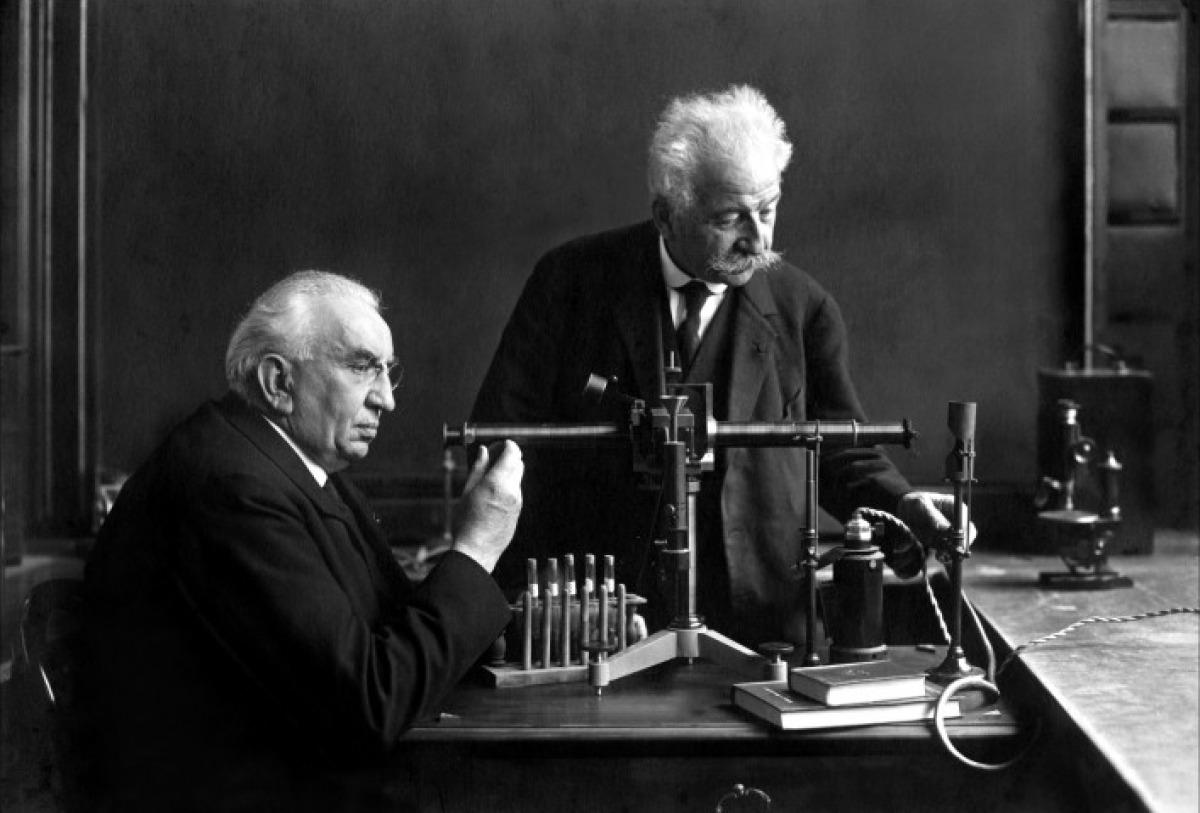In the Book of Samuel (1 Samuel 3:3-10), a “listening” story is told:
Samuel was sleeping in the temple of the Lord where the ark of God was. The Lord called to Samuel, who answered, “Here I am.” Samuel ran to Eli and said, “Here I am. You called me.” “I did not call you,” Eli said. “Go back to sleep.” So he went back to sleep. Again the Lord called Samuel, who rose and went to Eli. “Here I am,” he said. “You called me.” But Eli answered, “I did not call you, my son. Go back to sleep.” At that time Samuel was not familiar with the Lord, because the Lord had not revealed anything to him as yet. The Lord called Samuel again, for the third time. Getting up and going to Eli, he said, “Here I am. You called me.” Then Eli understood that the Lord was calling the youth. So he said to Samuel, “Go to sleep, and if you are called, reply, Speak Lord, for your servant is listening.” When Samuel went to sleep in his place, the Lord came and revealed his presence, calling out as before, “Samuel, Samuel!” Samuel answered, “Speak, for your servant is listening.”
In 1895, the Frenchman, Louis Lumiere, created a Cinematographe. By inspiration, he found a way to meld together a projector, film processing unit, and portable motion-picture camera. In reality, however, Lumiere’s invention paved the way for Hollywood, movie stars, and silver screens. One of my favorites came in 1989. In Field of Dreams, an Iowa cornfield took center stage when farmer, Ray Kinsella, began hearing a voice: If you build it, He will come. At first, only he was able to hear it. But eventually, so could his wife, daughter, and certain others. But even after they could hear the voice, many others could not.
With quiet, patience, and humility, the potential for hearing God’s voice exists within each of us. Some years ago, while taking a course at Detroit’s Sacred Heart Major Seminary, I remember reading a book entitled, God Acts-We React, by Monsignor Thomas Rowland. Throughout the book, he explored a simple but powerful idea: God knows us and loves us and seeks nothing more than for us to enter into the depths of His love. During that same course, my professor had given our class a rather painstaking assignment. Using Section Two of the Catechism of the Catholic Church, we were to focus upon each paragraph and create a diagram indicating what God has done and the ways in which we have reacted. For those of you not readily familiar with the CCC, that section involves the Seven Sacraments of the Catholic Church. At the time, I felt as though her assignment was monotonous. But as time passed, this semester-long project brought me great insights. I remember how God accompanied me on that journey. Surrounded by His presence, God’s soft voice often interrupted my thoughts to remind me of His love.
Many of you will remember this tidy definition of sacraments given us in the Baltimore Catechism: an “outward sign of an inward reality.” But if we stop there, we miss their essence. For the sacraments are about Christ acting in His Church. By our reception of them, He speaks to us, melds us, heals us, and gives Himself to us. And in doing so, a relationship develops. As opposed to an academic or rote exercise, the sacraments are truly moments of grace. While we may not appreciate them in the present, God truly acts. And if we listen, His voice and message of love is unmistakable.
But unlike ninety-minute screenplays, God’s plan for our lives is slightly different. His plan plays out over a lifetime. As He acts, our task is to listen. And our reaction? Mindful of the way God ordinarily works, He depends upon you and me for assistance in bringing up the proverbial curtain.








